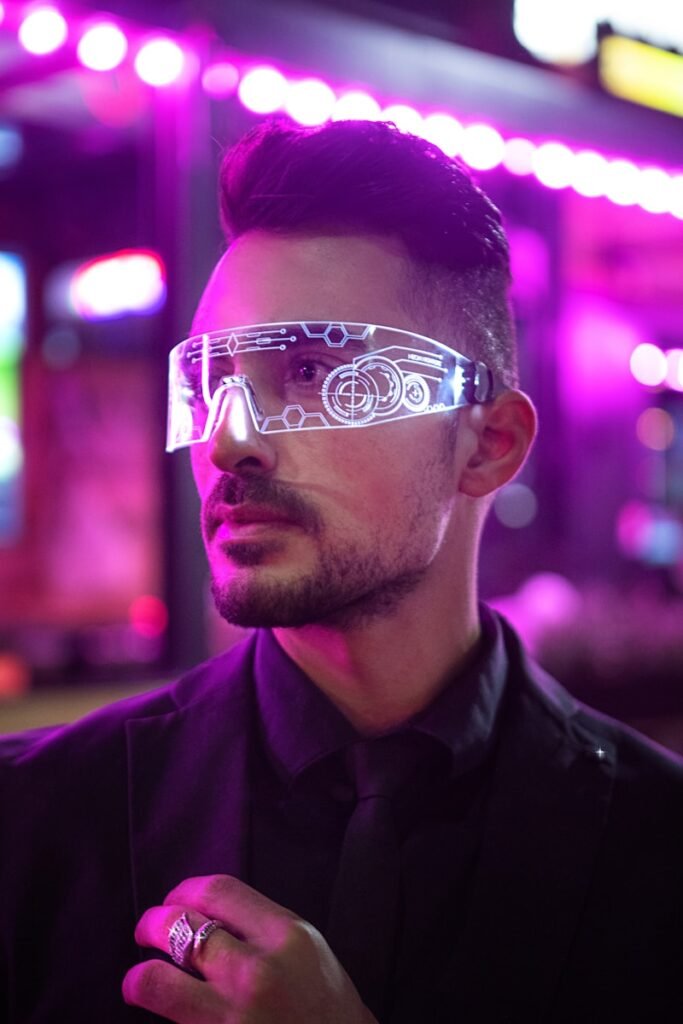
Key Players in Online Education
In a world where skepticism once reigned over the potential of online education, the tables have turned dramatically as pioneers in this field continue to redefine our approach to learning. From renowned platforms like Coursera and Udemy to prestigious institutions such as Harvard and MIT embracing virtual courses, the landscape is overflowing with an abundance of creativity and ingenuity. As Thomas Friedman so eloquently put it, “Great strides occur when what was once unimaginable intersects with what is undeniably essential.” And within the realm of online education, these groundbreaking moments have now become commonplace.
As online education gains momentum, conventional barriers are being obliterated, paving the way for unprecedented access to knowledge. Echoing Sir Ken Robinson’s sentiments that “The age-old hierarchy appears to be crumbling, yet remnants of past prejudices still linger. What truly matters is inclusivity across all spectrums.” This inclusivity serves as a defining characteristic for key players in online education- they cater to a diverse array of learners ensuring that everyone- regardless of their background or location- has equal opportunity to broaden their horizons.
Innovative Technologies in Education
Immersing oneself in the realm of innovative technologies within the realm of education is akin to injecting a surge of energy into traditional methods of learning. The educational landscape has undergone a radical transformation, from interactive whiteboards to virtual classrooms. As Anthony J. D’Angelo once aptly remarked, “Cultivate a fervor for acquiring knowledge. If you do so, your intellectual growth will know no bounds.” And what superior method exists for nurturing this fervor than through state-of-the-art technological instruments that captivate students in manners previously unimaginable?
One cannot help but be astounded by the marvels of educational applications designed to cater to diverse learning preferences. In the wise words of Ken Robinson, “Technology holds the potential to animate textbooks; cyberspace can link students with real-world dilemmas.” It is truly astonishing how tailored learning experiences now lie within our grasp, customizing education to accommodate each learner’s distinct requirements. Undeniably, technology and education are inseparable entities shaping our paths towards enlightenment and evolution.
Personalized Learning Experiences
Oh, the enigma of personalized learning experiences! A labyrinth of possibilities where education is molded to fit individual needs and desires. It’s as if you’re at a grand feast, but instead of choosing between savory broccoli or decadent cheesecake, you have the power to craft your own educational odyssey. Remember those days in school when the teacher labeled you a math prodigy, yet inside you were grappling with anxiety over solving for x? Well, in the realm of personalized learning, your struggles with algebra need not remain hidden any longer. As Nelson Mandela once wisely proclaimed, “Education is the most potent weapon which you can utilize to change the world.” And what better way to wield that weapon than in a manner tailored specifically for you?
Imagine personalized learning as a bespoke Spotify playlist for your mind. You have the freedom to skip over undesirable tracks (goodbye quadratic equations!) and loop your favorite melodies endlessly. It’s high time education caught up with the digital era and began recognizing us as distinct individuals. In echoing Steve Jobs’ iconic words, “Stay hungry, stay foolish,” let us hunger for knowledge while discarding antiquated one-size-fits-all educational paradigms. Let us welcome this age of personalization and allow our learning journeys to mirror our unique selves.
Impact of Artificial Intelligence
In the fast-paced world of technological advancements, Artificial Intelligence (AI) has established itself as a game-changer in the field of education, ushering in profound transformations. From intelligent tutors to individualized learning paths, AI has completely overhauled the traditional methods of teaching and learning.
Picture having an AI tutor that comprehends your unique learning preferences and crafts lessons tailored specifically for you. It’s akin to having a personal mentor by your side every step of the way. As Jeremy Auger, Chief Strategy Officer at D2L aptly phrases it, “AI serves as the propellant that enables genuinely personalized learning encounters.” Who wouldn’t be intrigued by a customized learning experience crafted just for them?
In this era dominated by digital innovations, AI transcends being merely a trendy buzzword; it emerges as a revolutionary force within education. Its potential lies in improving educational outcomes, streamlining administrative tasks, and offering valuable insights into student progress. By embracing the profound impact AI exerts on education, we are paving the path towards a future where learning is truly individualized, engaging, and efficient.n
The Rise of Microlearning
In the realm of education, there exists a phenomenon known as microlearning – a trend that has captivated the minds of many with its bite-sized approach to acquiring knowledge. It serves as a sort of snack time for the brain, offering quick and convenient bursts of information that leave one feeling both satisfied and perplexed. In an age where our attention spans seem to vanish in the blink of an eye, microlearning emerges as a beacon of hope.
As Herbert Simon once mused, “What information consumes is rather obvious: it consumes the attention of its recipients.” Indeed, in today’s fast-paced digital landscape, our attention is a valuable currency. With microlearning at your disposal, gone are the days of lengthy study sessions; instead, you are greeted by short but impactful lessons that effortlessly integrate into your hectic routine. It’s akin to having a personal brain trainer guiding you through each small yet potent module – leaving a lasting impression far beyond any fleeting TikTok craze.
Charles Duhigg astutely observed that “Habits work by creating neurological cravings,” and so it gs with microlearning. This innovative approach instills within us an insatiable thirst for knowledge in a manner that is not only engaging but also highly effective. So why reach for mindless scrolling on social media when you can indulge in a stimulating microlearning session? Your brain will undoubtedly express gratitude for such nourishment, propelling you towards becoming an aficionado before you even realize it.
Globalization of Education
With the rapid progression of technology, education has transcended boundaries, granting access to knowledge for anyone connected to the internet. Globalization has opened doors for a diverse mix of students to convene in virtual classrooms, shattering geographical barriers. As Mark Twain famously stated, “Travel is fatal to prejudice, bigotry, and narrow-mindedness,” and this sentiment rings true in the domain of education as students from various corners of the globe unite to learn, exchange ideas, and expand their horizons.
Through online platforms, students can now partake in courses offered by universities spanning across continents, offering them a global educational experience without stepping foot outside their homes. This adaptability and accessibility have transformed the way we acquire knowledge, with endless possibilities for collaboration and cultural interchange. In the words of Nelson Mandela: “Education is the most powerful weapon which you can use to change the world,” emphasizing that in an interconnected world like ours today, education’s influence knows no limits.
The Role of Gamification
Gamification in education? A concept that seems to transform the traditional learning experience into a perplexing virtual wonderland where each quiz becomes a mysterious quest and every lesson a mind-boggling level up. It’s like sprinkling magic game dust into the educational mix, igniting sparks of engagement and motivation. Imagine earning points, collecting badges, or even acquiring imaginary currencies as you delve into the complexities of algebra or unravel the mysteries of Shakespeare.
But wait, gamification gs beyond mere amusement (although that is undeniably a major component). It delves deep into our primal instincts for triumph and rivalry. As the renowned game guru Jesse Schell once mused, “Humans are not wired for logic; they crave stories.” So why not morph calculus into an epic odyssey or history into a grand adventure? With gamification at play, the opportunities are as boundless as an intense round of Minecraft.
Future of Virtual Reality in Education
Virtual Reality (VR) has made its grand entrance into the realm of education, not only to transform but to customize the learning journey. Picture yourself delving deep into the intricate mechanisms of a human cell or plunging into the abyss of ancient civilizations, all while rooted in your seat. As the age-old adage gs, “Tell me and I forget, show me and I remember, involve me and I understand,” VR embodies that essence of involvement in education. By granting students access to immersive 3D realms, learning takes on a whole new dimension of experiential and captivating exploration.
The allure of VR lies in its capacity to whisk students away to fantastical destinations they could only ever dream about visiting. As technology progresses at breakneck speed, limitless opportunities unfurl before us. Who wouldn’t jump at the chance to stroll alongside historical icons through a virtual tour or dissect a frog sans any mess? Just as Mark Zuckerberg famously remarked, “Virtual reality was once the dream of science fiction. But so too were computers and smartphones.” The horizon for educational evolution appears not just bright but staggeringly electrifying with VR leading this charge towards tomorrow’s frontiers.


